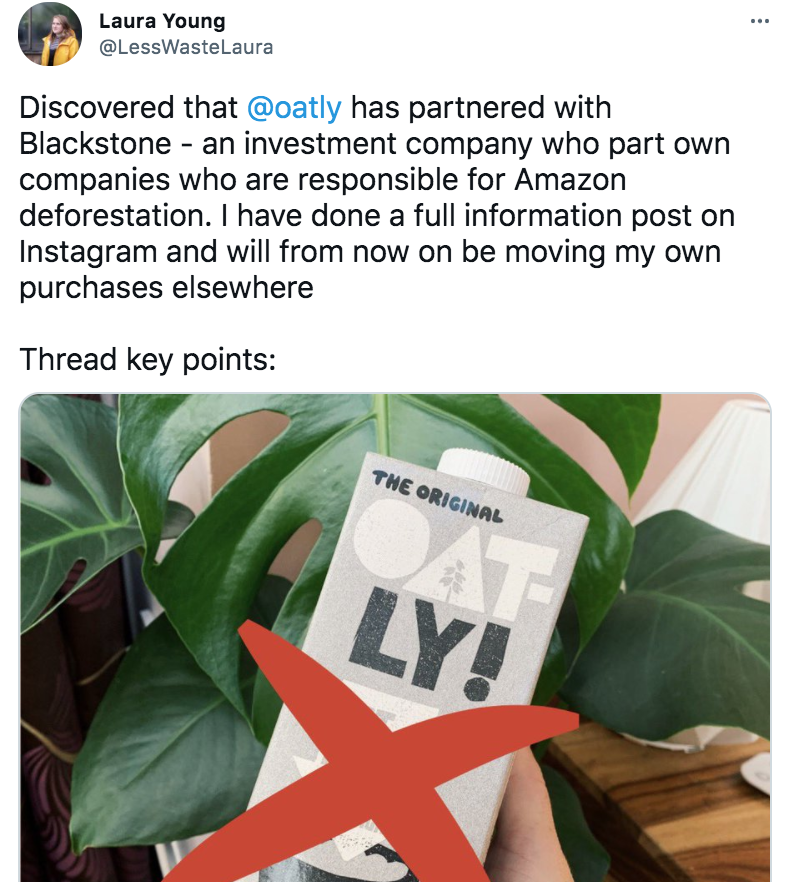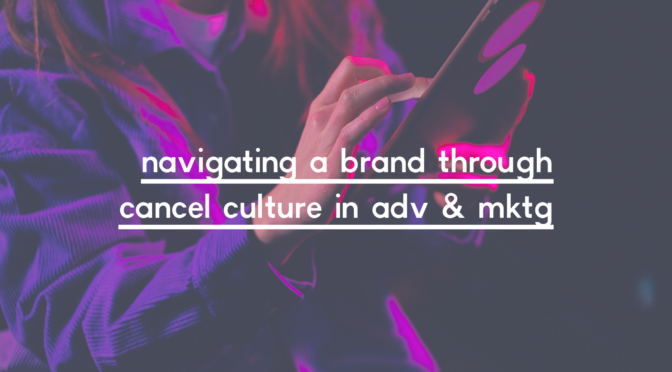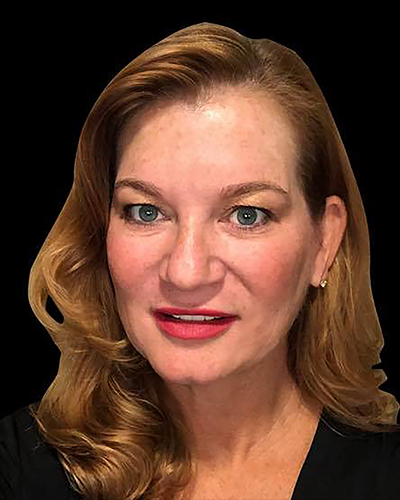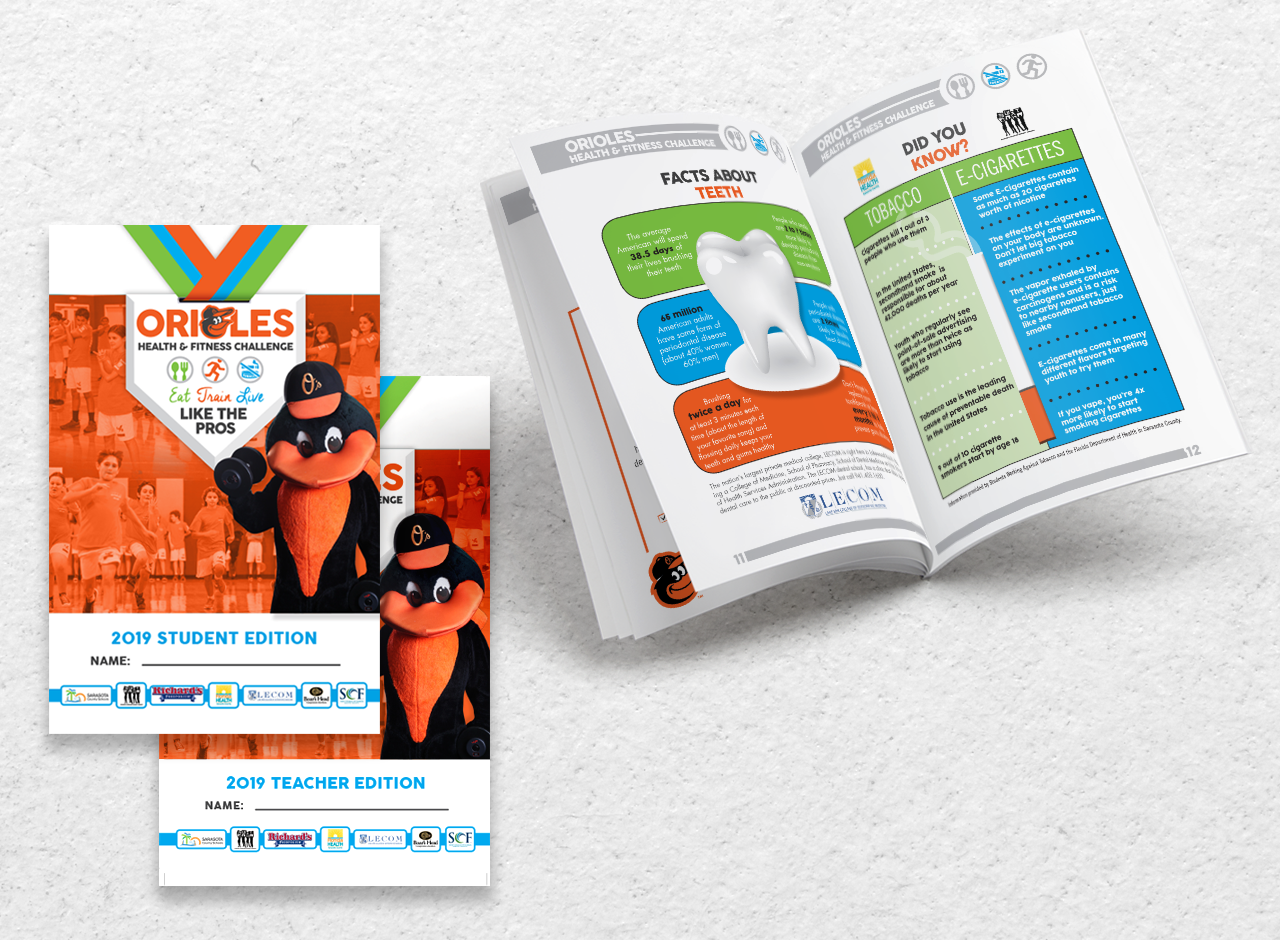At this point in history, we’re all very much aware of how culture can change at the speed of the Internet. And as long as you’re a public-facing entity, you’re fair game for scrutiny. Often, this scrutiny results in a person, brand, or organization getting “canceled.” (Sure, I could’ve spelled it “cancelled,” but I find the second “l” superfluous.) Cancel culture is as pervasive today as “Rickrolling” was in 2008. If one has Internet access, one has the power to “cancel.” In fact, in 2019, while speaking at the Obama Foundation Summit, former president Barack Obama had some thoughts on the issue:
“The cancel culture is predicated on this idea of purity; the illusion that you’ve never compromised and you’re always politically ‘woke’ and all that stuff.”
He continued, “You should get over that quickly. The world is messy, there are ambiguities. People who do really good stuff have flaws. People who you are fighting may love their kids and share certain things with you.”
Every single person—living or dead—has made a mistake. Probably many. To err is human, after all. However, when it comes to brands and organizations, people expect perfect execution. So before we dive into the concept of cancel culture in advertising and marketing, let’s begin with a working definition so we’re all on the same page.
DEFINITION OF “CANCEL CULTURE”
It began with “call-out culture.” Those were the good ‘ol days when public humiliation was the worst-case scenario. This cultural phenomena usually entailed an individual or group “calling out” another individual or group—typically on social media—for problematic actions or statements.
Although similar to call-out culture, “cancel culture” takes the intensity up a few notches. Typically, the scenario plays out with a well-known figure publicly sharing a questionable, unpopular, or insensitive opinion, the public taking notice and reacting, and then the figure being subsequently “canceled”—boycotted—by her/his/their followers, supporters, sponsors, and the general public.
While call-out culture may include general outrage against a perceived offender, cancel culture may cause said offender to lose her/his/their livelihood. Cancelers often seek to financially harm the accused. This typically manifests as a demand for some form of punishment: the accused loses a job/position, power, influence, career opportunities, and endorsements. Cancel culture impacts entities such as comedians, actors, musicians, companies and brands, and even artistic expressions like songs and film.
According to Forbes, cancel culture, in short, refers to the practice of withdrawing support for a person or company—often on social media—based on their views or actions.
THE CULTURAL IMPACT OF THE INTERNET
When the world shut down for a year-and-a-half due to the COVID-19 pandemic, most people became more active online. Humans are tribal creatures, so it’s only natural to look for community wherever it’s accessible. Social isolation, therefore, facilitated more online interaction. During this time, and on the heels of the #MeToo movement, the Black Lives Matter movement sparked a renewed wave of social activism. With so much of life restricted by COVID protocol, people were hungry to make meaningful change and be a part of something larger than themselves. People were ready to talk, and listen, and talk some more.
But people have always talked. People withdrawing support from individuals, groups, or organizations once discovering they said or did something contradictory to the “values” they claim has always happened. However, what was once restricted to comment cards and letters to the editor is now Facebook updates, tweets, Instagram posts, Yelp reviews, TikTok videos, and YouTube comments. Social media has turned disagreements into calls-to-action: if someone with a social media account (70 percent of the U.S. population) discovers that a public entity said or did something that doesn’t sit right with her/him/them, they often urge other members of their communities to “cancel” the offending entity.
We no longer live in a world where we can’t pay attention—particularly post-lockdown. We’ve spent a lot of time online in the past couple of years, so it’s only natural that we’re more keen to the words and actions of businesses, their executives, and the people with whom they associate.
The explosion and proliferation of social media has given power to the masses to share their opinions about brands—and sway others’ opinions in the process—but 73% of those surveyed said they’re less likely to cancel a purpose-driven brand.
Study: No Brand Is Immune to Cancel Culture, But Purpose Helps
THE ROLE OF CANCEL CULTURE IN ADVERTISING & MARKETING
Historically speaking, brands have stayed out of politics. They believed that if they became politically involved—particularly with regard to a divisive issue—they could potentially alienate a large chunk of their customer base. But the times, they are a-changin’.
Brands in today’s marketplace can no longer afford to remain neutral about the issues plaguing modern consumers. Because neutral is perceived as complicit—and complicit is a death sentence. In today’s increasingly polarized political and social climate, not taking a side or a stand can be a bigger risk than alienating certain members of your customer base. If modern brands don’t adhere to their promises and “walk the walk” with regard to their mission or vision statements, consumers possess the knowledge, determination, and platforms to share this information with anyone who will listen (er, read).
“Owning and managing a brand in the age of social media is a chaotic and fast-paced responsibility.”
Jessica Vittorio, Managing Attorney at a Dallas-based law firm that provides counsel to startups and business owners
The majority of people on social media live a carefully curated online existence. Millennials and Gen-Z spend a higher proportion of time online than their older peers, so it has become commonplace for these generations to meticulously select every detail of their outward-facing social “personas”—it also means that many of them indulge in virtue signalling, and encourage a *very specific* strain of “wokeness” among friends, followers, and even business or brand accounts. However, the idea of being “woke” means different things to different people, so it’s essentially guaranteed that mistakes will be made. Businesses and brands are comprised of humans, and humans are fallible. Further, businesses and brands are being held to—let’s get real—often “performative” standards that no amount of awareness or eggshell-walking can help them live up to. They can’t be all things to all people.
According to a 2021 Porter Novelli study, no brand is excluded from cancel culture, even those with loyal fans. Among those surveyed:
66% of people say even if they love a company’s products or services, they will still “cancel” a company if it does something wrong or offensive.
CONSUMER REACTION MIGHT SURPRISE YOU
In a 2018 study, Global communications firm, Edelman, found that two-thirds of consumers worldwide now buy based on beliefs.
However, the same study found that 56% of consumers believe too many brands “use societal issues as a marketing ploy to sell more of their product.” Cancel culture is not always directed at outwardly irresponsible brands, but also toward brands perceived to be “overplaying their social and environmental credentials.”
Swedish vegan milk brand Oatly, for example, has always been a favorite of eco-friendly consumers (and this writer) for their sustainable practices. However, in September 2020, fans of the brand began boycotting the company after learning via a Twitter thread that it sold $200 million shares to a consortium that includes Blackstone, an investment firm that has been accused of contributing to deforestation in the Amazon.

HOW TO NAVIGATE YOUR BRAND THROUGH CANCEL CULTURE
As the old adage goes, “reputation is everything,” and no one feels this more than brands trying to manage, sustain, and continuously engage their consumer base under the increasingly vigilant eye of social media and the 24-hour news cycle.
So if you’ve come here for cut-and-dry answers, you’ve come to the wrong place. Because there are no clear answers to this modern dilemma. It’s easy to say, “Just do the right thing!” But at this point in history, what seems like the “right thing” externally may have negative or unethical implications behind the scenes. There’s no surefire way to protect businesses and brands from getting “canceled”—especially if said business or brand employs many people; each with her/his/their own musings and belief systems. It’s just not sustainable (or pleasant) for one’s higher-ups to micromanage on this type of person-to-person level.
CONTROL WHAT YOU CAN
As individuals, we only have the power to control our own thoughts, actions, and reactions to others. So that’s what we must focus on. As passive as this may seem, we just have to have a little faith in our fellow humans to make good decisions. If I can’t remember what I ate for dinner two nights ago, I certainly can’t remember something I may have said in passing 10 years ago. And sure, social media makes it much easier to keep “receipts,” but isn’t part of being a “progressive” society realizing that mistakes happen, and practicing a little forgiveness? Societal mores change. Hell, I was only able to legally marry my wife six years ago. Let that sink in. That’s only half as long as “The Big Bang Theory” was on the air. That’s only a “four lost teeth” amount of time for an average child. That’s one digit more than being able to count the years on one hand. And let’s not forget that prominent “liberal” figures were not always so supportive of LGBTQ+ rights. But we grow, and adapt, and evolve—and part of that is admitting when we were wrong and making amends.
REALIZE THAT NOT ALL CANCELLATIONS ARE CREATED EQUAL
The words and actions of Kevin Hart are not the same as the words and actions of Harvey Weinstein. Neither of which are even in the same ballpark as those criticizing the toy formerly known as “Mr. Potato Head” and the removal of content from Dr. Seuss’s collection.
In Kevin Hart’s case, he tweeted some unsavory things about the LGBTQ+ community in 2009 and 2011. Let’s remember a few things:
- Kevin Hart is a comic; he jokes for a living
- He apologized for what he wrote nearly a decade prior
- See my previous point about gay marriage only becoming legalized in 2015
In Harvey Weinstein’s case, he used his power and influence to sexually harass and assault young women for 20+ years. He did severe psychological (and potentially physical) damage to countless impressionable women who were desperate to get a foot in Hollywood’s door.
The severity of these offenses is very different. I know a certain Jewish carpenter who *may* disagree, but in the case of cancel culture, not all sins are the same.
Then there’s the backlash from those perpetuating that the “cancel culture” narrative is for the weak. These types of people condemn Hasbro for demonstrating inclusivity by dropping the “Mr.” in their “Potato Head” toy. Many of these same people are up-in-arms about Dr. Seuss’s estate removing six books with racially insensitive content from his collection. Ironically, the Venn diagram for the “cancel culture is for weak” people and the “I’m going to boycott Nike or the NFL because one of its players put his entire career on the line to stand up for what’s right” people is essentially a perfect circle.
DETERMINE A SET OF VALUES AND STICK BY THEM
Sure, it would be lovely if everyone was thoughtful, and true equality existed, and TSA didn’t pat me down nearly every time I go through security because they enter my gender as male in the x-ray machine and my bra’s metal clasp sets off an alarm, but it’s just not in the cards for us. Until we expand our circles to include people, and opinions, that differ from our own, cancellations will continue. Because once we can empathize with, and understand, those who look/act/talk/believe differently than we do, we will be less likely to say or do something that may hurt them in the first place.
Then again, if your brand is based on these very differences (e.g., “male” vs. “female” products), you may need to fully lean in. However, you can have pride in who you are and how you identify without purposely offending anyone. With the exception of those restaurants where the serving staff is mean to you “for fun,” I can’t think of a single successful brand that has a mission to hurt or offend people.
So stand up for what you believe in, support your brand’s mission, but do so knowing that there’s absolutely no way to make everyone happy all the time. And that’s okay.
BE PROACTIVE
Being proactive goes beyond having a disaster plan. Yes, businesses and brands should have a plan to best respond to backlash if it were to occur: rather than feverishly deleting offensive social media posts, make sure management is prepared to speak to, and most likely apologize for, whatever incident may have occurred. However, holding a press conference or releasing a well-prepared statement is more “reactive” than “proactive.”
Instead, consider the following:
- Ensure diverse hiring practices in every sense of the word: race, religion, gender identity, body type, etc. If you really want your product or service to speak to the masses, you have to have a sense of what the “masses” look/feel/sound/act like. And although you surely have a “target audience,” you’re not just “selling” to a homogeneous group.
- Forge quality partnerships: by aligning your brand with others that have similar values, you’re making a public statement that you’re committed to the cause (even if that cause is celebrating the androgyny of an anthropomorphized potato).
- Lead with your actions: they really do speak louder than words. Build great products, offer stellar services, “walk the walk”—that way, even if you happen to make a social mistake, your intentions and the quality of your brand will win out in the end.
- Don’t confuse compliance with leadership: bowing to your accusers is not the same as taking a stand. Performative activism is not real activism.
As former president Obama stated, “The world is messy, there are ambiguities. People who do really good stuff have flaws.” And who are any of us to believe that we’re not flawed (the pathologically delusional, I suppose). Businesses and brands are made up of humans, and humans are inherently faulty—we can’t get away from it. But what we can do is try our best.
If companies commit to this—trying to create the best products and services possible, trying to hire the best people, trying to communicate openly and empathetically—that’s all consumers could ask for. When a company has a transparent culture, everyone benefits—just ask Patagonia, Warby Parker, or Zappos. In the case of “cancel culture,” transparency could simply mean admitting fault, or apologizing when wrong, or even going the opposite direction and taking a firmer stance on specific hot-button issues, but explaining the reasoning behind the position. Because at the end of the day—no matter the issue—all people want is to be seen, heard, and understood.


 Media Garage Group
Media Garage Group
 BACKGROUND
BACKGROUND MGG provides advertising and media buying services for many clients and local community events, including the
MGG provides advertising and media buying services for many clients and local community events, including the